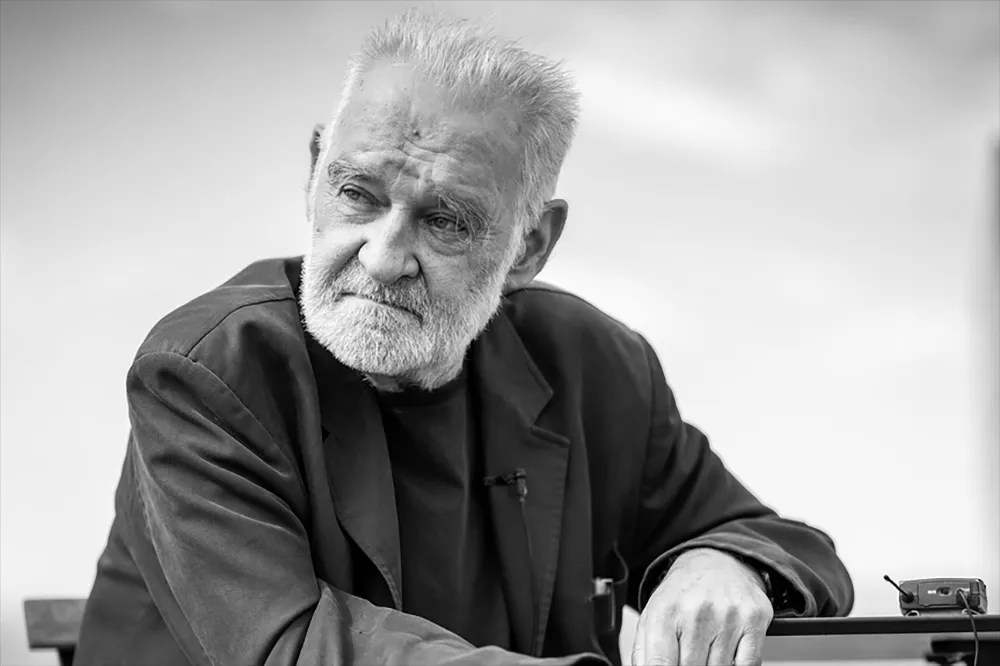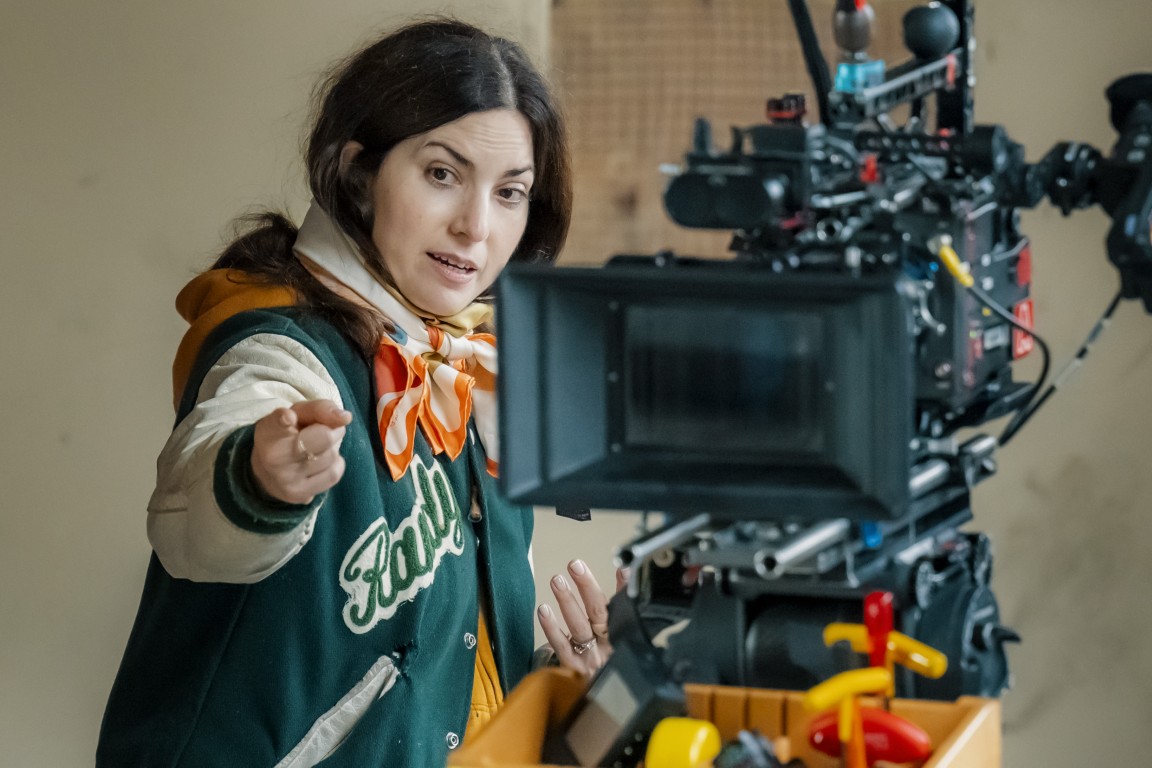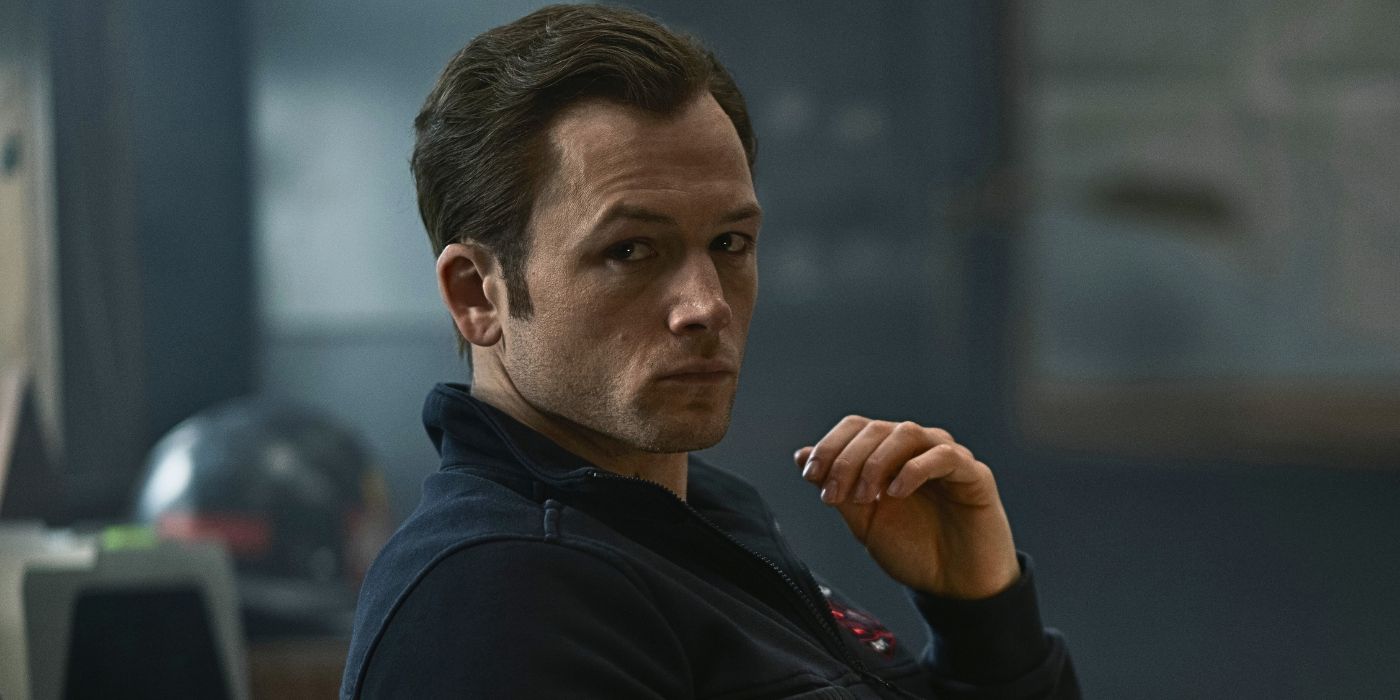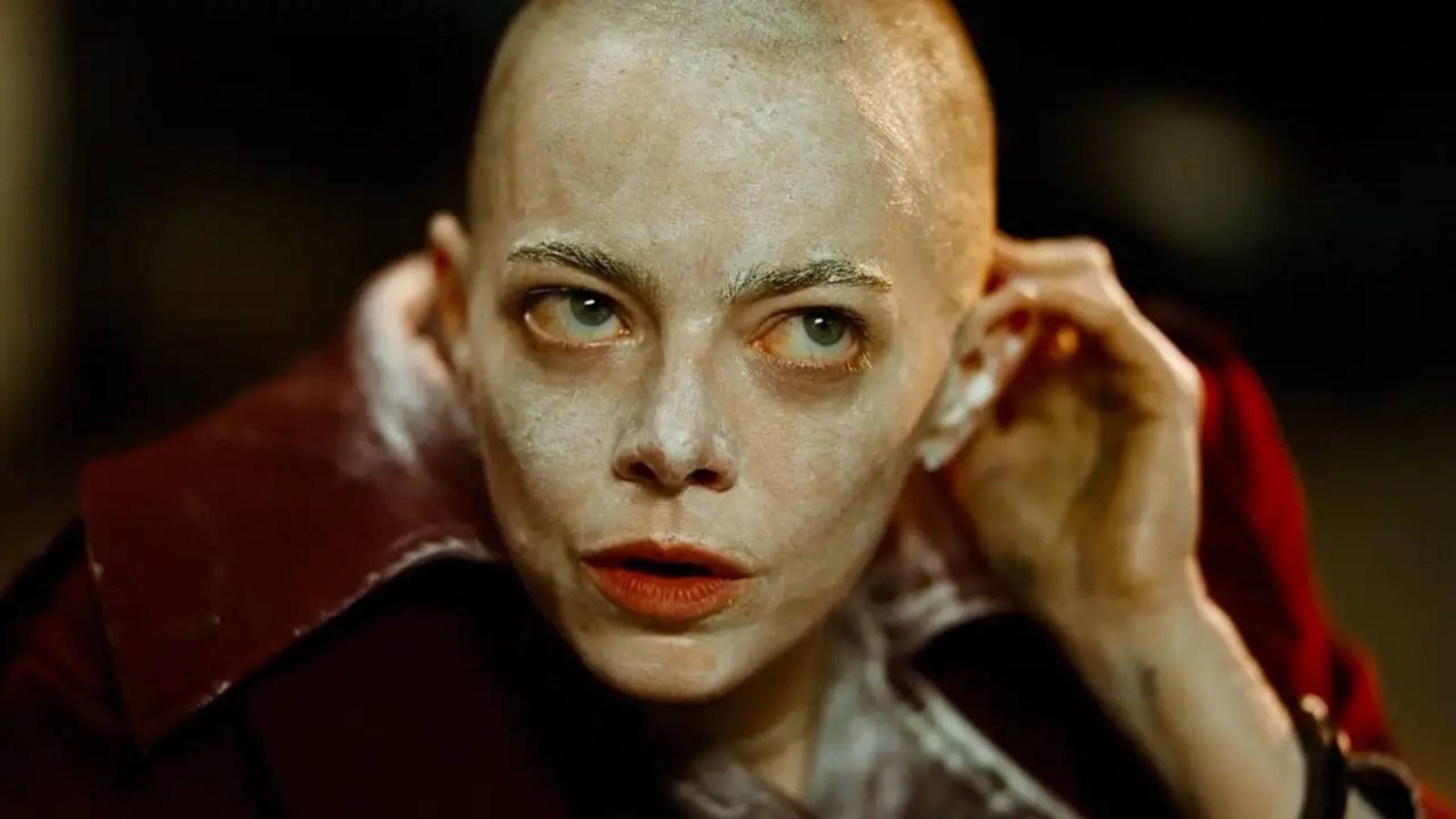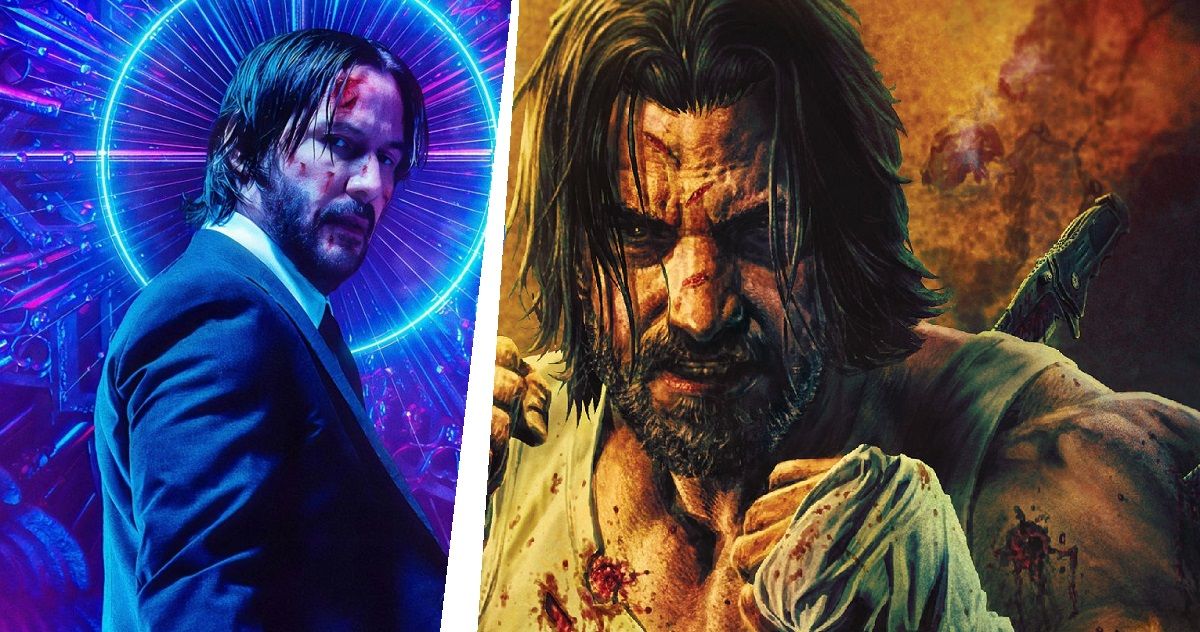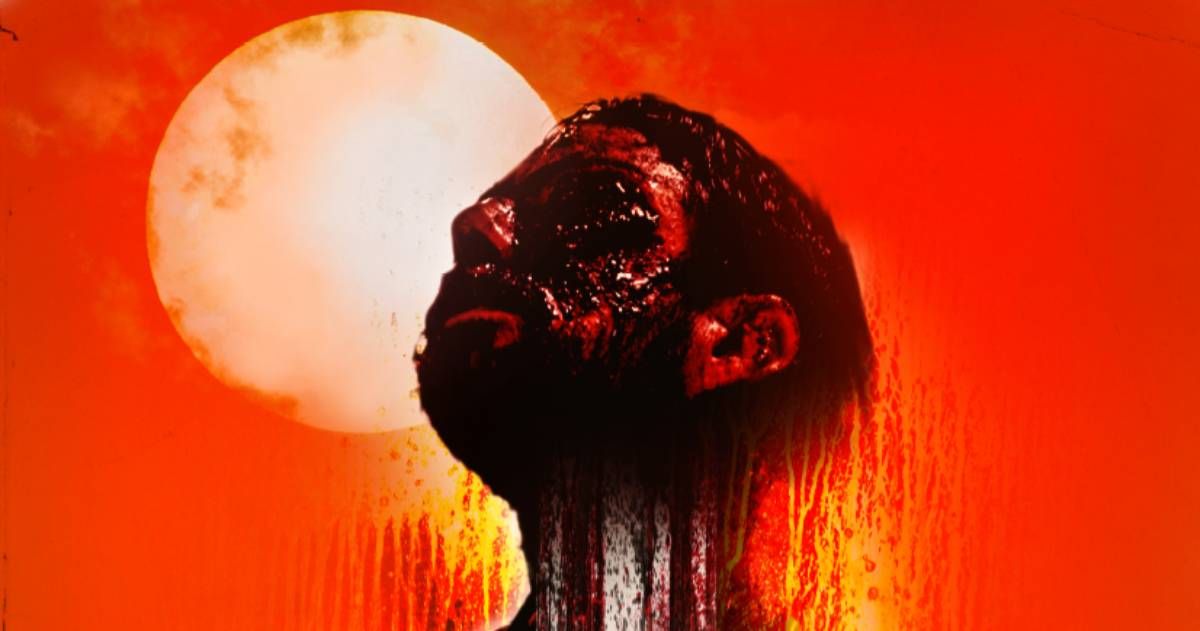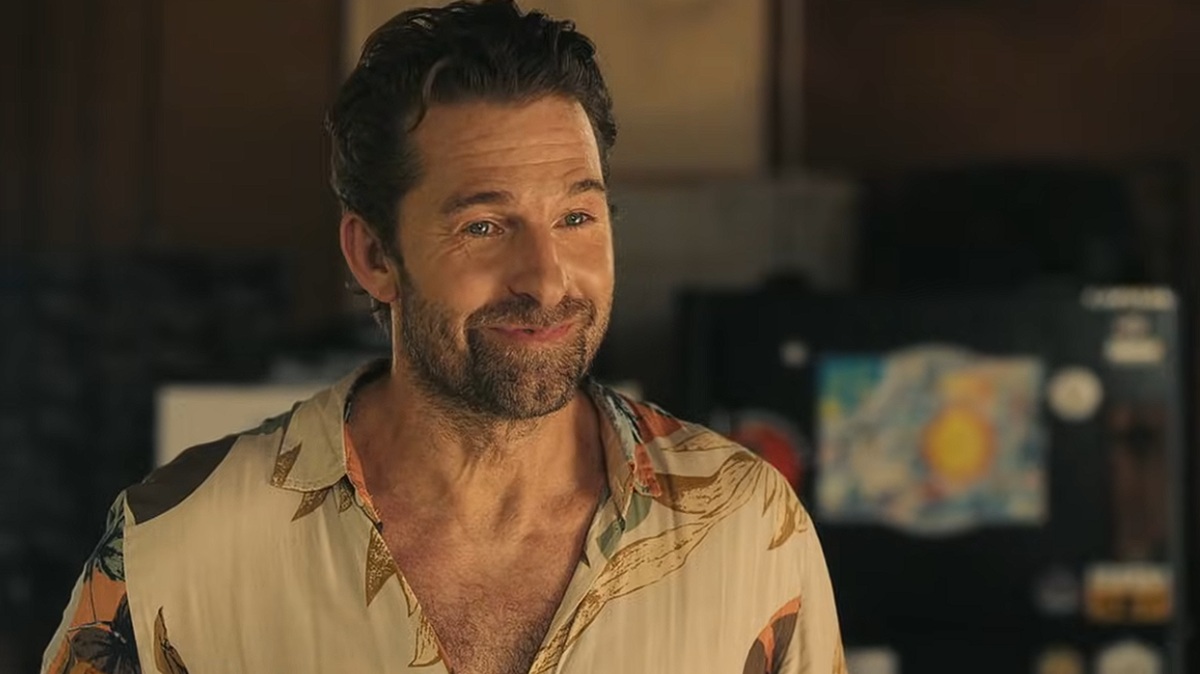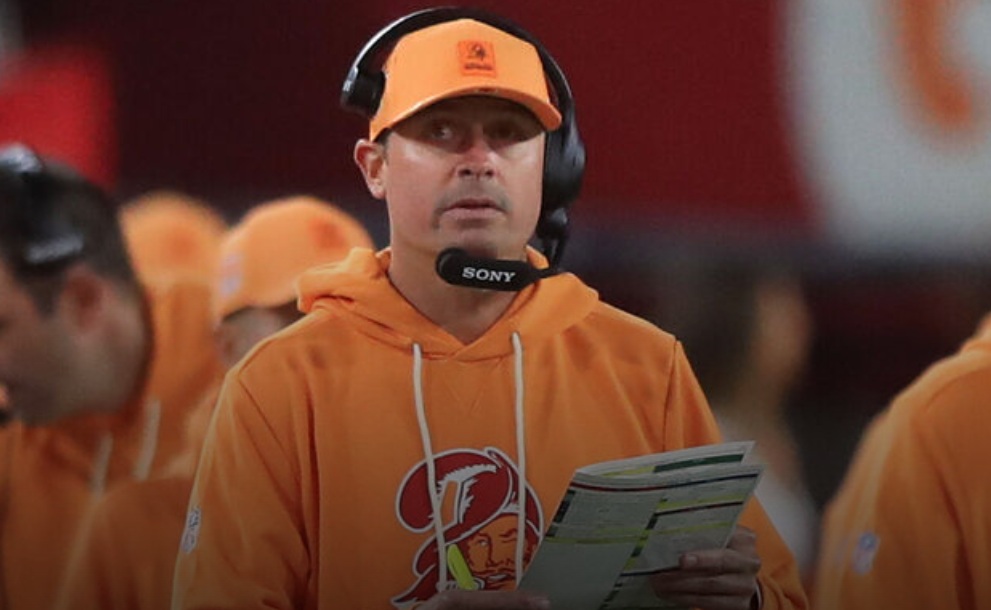There’s no program I love at Sundance more than NEXT. Not only does it treat us to new, exhilarating voices, but we’re also often granted the most audacious filmmaking of the festival. In this dispatch are two films with a spunky spirit and proudly independent verve that compassionately look at fractured individuals working to rediscover their connection to the world.
Set on the windy plains of South Dakota, near the cracked Badlands, Kate Beecroft’s directorial debut “East of Wall” is a lyrical semi-biographical docu-fiction drama whose quiet grandeur uplifts an unyielding, fractal story. The film is partly based on mother-daughter duo Tabatha and Porshia Zimiga, who also star in the picture. They’re horse traders who use TikTok to advertise their business. Tabatha, whose sharp sidecut and determined eyes outline her undeniable presence, is known as a horse whisperer. NOt only that, her daughter Porshia is a champion rider, too.
In “East of Wall,” Tabatha and Porshia are still reeling from the death of Tabatha’s husband John, among other troubles. Tabatha’s horses aren’t fetching good prices at auction anymore, and she has a plethora of mouths to feed. Apart from Porshia and her three-year-old son, Tabatha takes in teenagers whose parents are either incarcerated, battling addiction, or deceased. Indeed, this rural area is beset by high suicide rates and low income. These teenagers ride and perform with the horses to help them sell for higher bids at the auction yards. With their help and some assistance from her lovingly blunt mother, Tracey (Jennifer Ehle), and her boyfriend, Clay (Clay Pateneaude), Tabatha is just barely making ends meet.
A potential golden ticket appears when Roy (Scoot McNairy), a rich rancher from Fort Worth, Texas—lugging his own grief around—arrives, offering to buy Tabatha’s three-thousand-acre farm with the opportunity to work for him. But an unbent Tabatha, who’s spent her life rising above these hardened plains, isn’t initially taken by the offer.
In this immersive story, which will no doubt draw comparisons to “Nomadland,” Beecroft and DP Austin Shelton possess a keen observational eye. They wrap the poetic American West landscape, in all its warmth and vibrant splendor, with the freeing horse riding by Porshia for a sense of infinite wonder. Beecroft also captures the hardscrabble economics of the area: ripped-apart trailers, abandoned cars, and the violence faced by women are some of the film’s harrowing landmarks. Her scripting, however, leaves much to be desired. This ensemble is massive, and so it’s difficult to keep track of each character’s story. Also, Roy, as a character, is often left dangling. His presence distracts us from the frayed mother-daughter relationship at hand, and, frankly, he disappears for such long stretches that I wondered if I’d missed a plot point.
Thankfully, Beecroft succeeds at pulling sturdy performances from these first-time actors, especially Porshia, whose incredible interior performance lays a trail of mourning that leads directly to the heart. Indeed, when “East of Wall” is working, it’s a hard-charging, unbreakable drama powered by immeasurable tenacity.
A still from OBEX by Albert Birney, an official selection of the 2025 Sundance Film Festival. Courtesy of Sundance Institute | photo by Pete Ohs
Though set in 1987, “Obex” is surprisingly modern. A black-and-white quarantine-coded film that mixes dream and computer gaming logic, Albert Birney’s picture is a critique of screen life, a “Dungeons and Dragons”-coded adventure, and an ode to classic horror.
Birney stars as Conor, a reclusive single man whose only contact with other lifeforms involves his dog Sandy and Mary (Callie Hernandez), the woman who delivers him food but is never let inside his house. The furthest Conor travels from his home is his backyard, where he disposes of garbage and plays with Sandy. Inside, he spends his days making digital portraits on an old-school Mac, recording television spots, such as commercials and a showing of “A Nightmare on Elm Street,” and performing slowed-down, dreary karaoke covers of songs like Gary Numan’s “Cars” in bed.
All of that changes when Conor sees an ad in PC Mag about a new computer game called “Obex,” which allows you to scan yourself into a virtual world to battle the demon king Ixaroth. The game, as you would expect, abducts Sandy, causing Conor to venture into its virtual confines where fairies, armored knights, humanoid cicada soldiers, and a man with a Victor RCA TV for a head (Frank Mosely) roam.
“Obex” mirrors Birney’s previous film, “Strawberry Mansion,” through its overwhelming sense of loneliness and isolation. Its dense sound design, from the cacophonous buzzing cicadas to the static splendor of a TV-turned-light-demon, is surprisingly tactile. As is the film’s melodic synth-powered score. Intuitive practical and visual effects give this film a handmade feel that engenders tension with the tech ephemera that fills Conor’s home. And while Birney’s picture is an earnestly sweet nightmare about a man looking for his dog, it isn’t pithy. It’s sincerely heartfelt and inventive.
“Obex” is the kind of powerfully subconscious film that works on you after you’ve finished watching it, flooding back to your mind when you hear cicadas, while you stare at a blank television, or simply standing in line at the grocery store. It’s an effect that is often akin to Massive Attack’s “Teardrop;” it “shakes me, makes me lighter.”
A still from BLKNWS: Terms and Conditions by Kahlil Joseph, an official selection of the 2025 Sundance Film Festival. Courtesy of Sundance Institute | photo by Bradford Young
Visual artist and director Kahlil Joseph’s dense and unshakeable feature debut “BLKNWS: Terms and Conditions” has taken a long journey. Delayed by the pandemic and granted numerous extensions, the film was pulled from Sundance on the eve of the festival by its financier, Participant Media, because Joseph reportedly made a secret cut of the film without Participant’s knowledge. Joseph’s debut appeared to be indefinitely delayed until James Shani’s Rich Spirit Studios scooped it up. Now, it’s back on the festival lineup, and the wait has been worth it.
An extension of Joseph’s thirty-minute video art installation, “BLKNWS” is a heady, furiously constructed work that clips together archival and found footage, film and music references, notations and academic research, memes, and online chatter to jumble the past and the present into a nonlinear video essay that tests the limits of the filmic form. This is the kind of deeply considered work that moves from the thoughts of thinkers like Fred Moten and Saidiya Hartman to the poet Wole Soyinka to clips of Ossie and Davis and Ruby Dee to critiques of Land Art without skipping a beat.
The film is based on W. E. B. Du Bois’ Africana Encyclopedia, a project that was never fully started during his lifetime and needed to be completed by Henry Louis Gates and Kwame Anthony Appiah. Joseph uses the reference book to recount his own life, interrogate the consequences of the Trans-Atlantic slave trade, inspect the rot of imperialism in Africa, and imagine an Afrofuturist voyage to Ghana. As he jumps from subject to subject, he includes page numbers. Willie Mays, for instance, is on page 112, while Whitney Houston is on 771. He combines Du Bois’ legacy with Marcus Garvey to thread the history of Ghana and the notion of Pan-Africanism.
Joseph’s film is particularly interested in Black archives, their fragile existence and the forever-lost material missing from them. Through his utilization of fake newscasters, headlines from BLKNWS that declare phrases like “Kill the pilgrims and save the man,” and his woozy bending of time, Joseph performs a kind of critical fabulation to account for the absent recorded history. Joseph’s turbulent use of sound (a bazooka of layered tracks, interviews, and thrumming, beat-heavy music) is immersive, bold, and overwhelmingly hypnotic. The brass and delirious editing furthers the feeling of experiencing a living archive.
Joseph is incredibly well-studied, which probably makes approaching an expansive work like “BLKNWS: Terms and Conditions” a daunting task. But this film’s intellectual force and emotional dexterity to recall the ghosts of the past and the hopes of the future should be marveled.
You can view the original article HERE.


